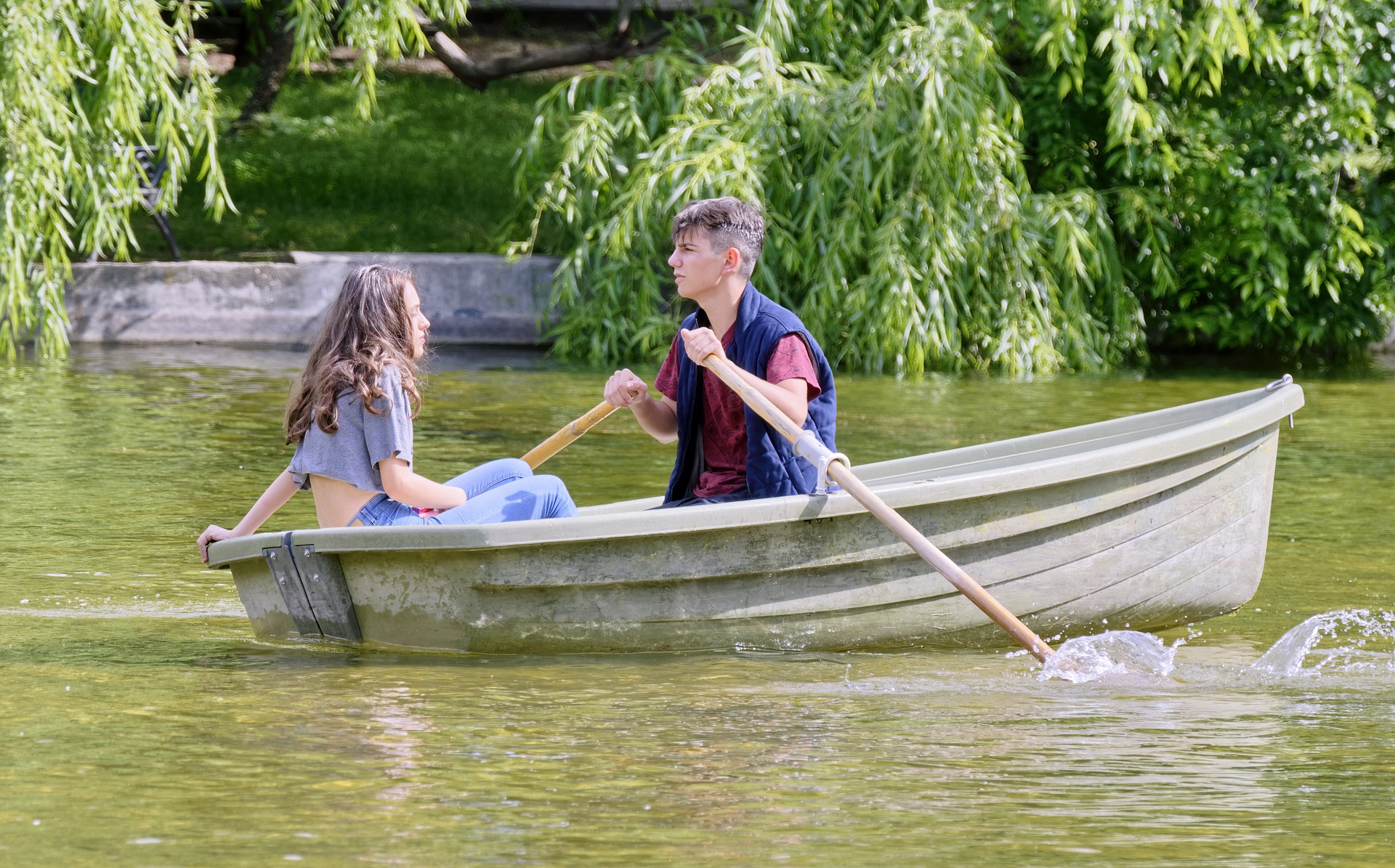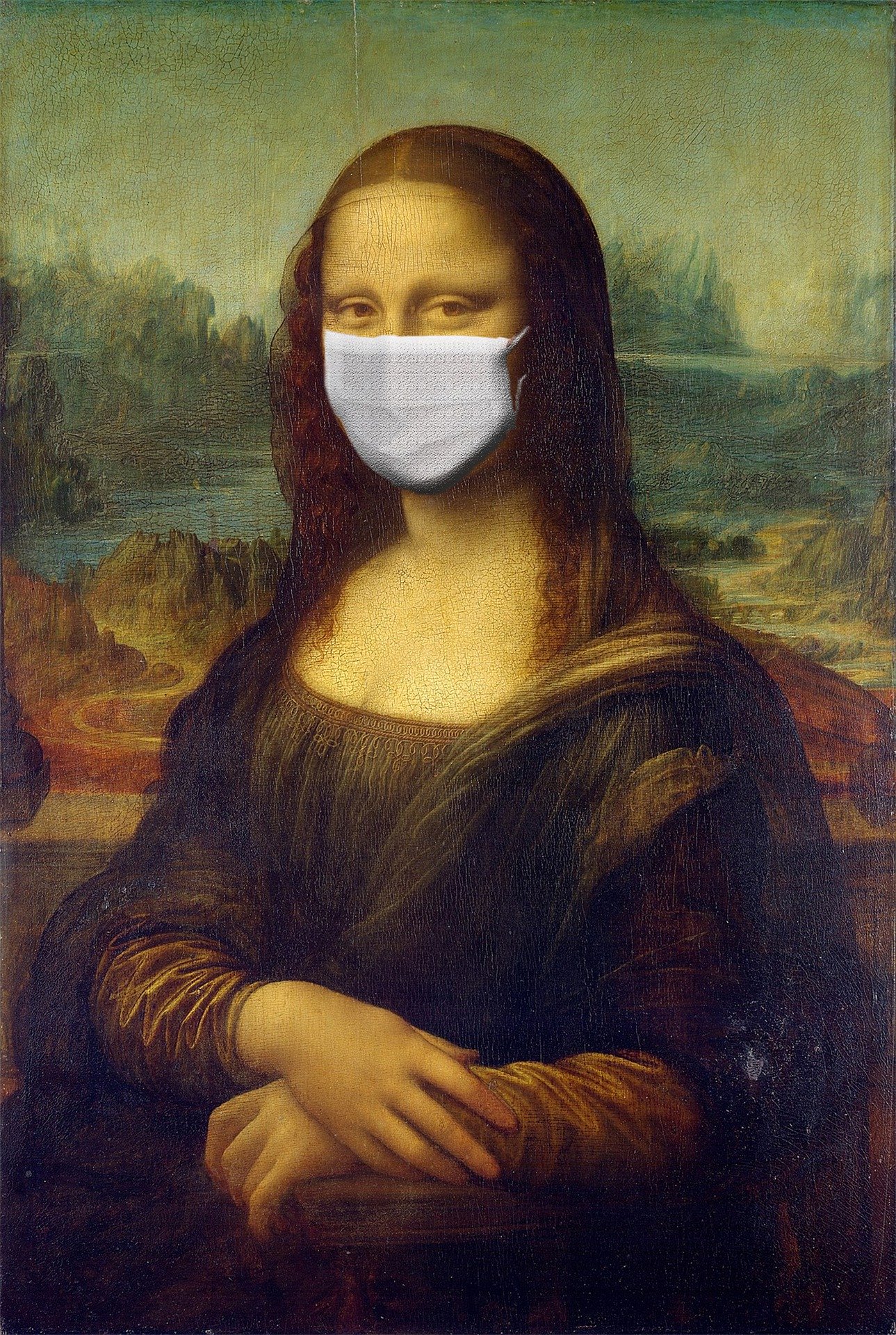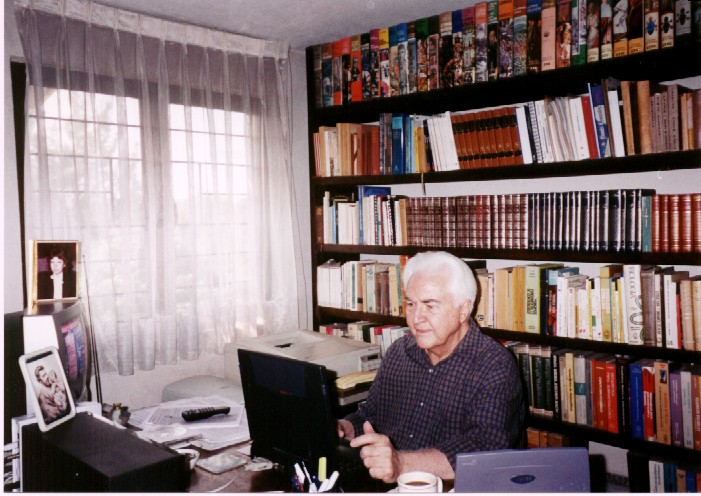We Are Losing Faith
Life became hard (5)
Losing faith, the given word is worth less and less. We believe each other less and less. And also we believe less and less in each other. And so, our peace is deteriorating.
What matters today is the fine print of the contracts, that which is difficult to read when signing. The words go away with the wind; what is written is discovered by time. This way of thinking and acting is also making life difficult for us.
Brief pre-article:
A gynecologist friend told me that he left the practice of his specialty when he saw the commercialism that had been introduced into it. He commented on the approach made by one of his colleagues to earn money: Is there any way that this delivery be a cesarean section?
Little by little we are losing confidence even in doctors, to the point of preferably looking for the honest doctor, rather than the competent one. It bothers us that, in addition to being sick, they see the dollar sign on our faces. It is difficult for us to continue to believe and trust professionals who are under pressure to buy a new car, build a house by the sea or go on vacation to Europe.
And those are the pressures that any prestigious professional often experiences, regardless of their profession and specialty. If I have mentioned the example of medicine it is because it is clearer, more contrasting, outrageous; but in all professions and trades beans are cooked. This loss of faith is another element that contributes to making life difficult for us. We are often faced with the dilemma of being too suspicious or too naive.
Along with the deterioration of our esteem for others, our mental hygiene and even our self-esteem also deteriorate. Every time we give in to the pressures of the environment, against our way of thinking and our convictions, something collapses inside us, because in reality we are selling ourselves. A relatively easy solution would be to become martyrs, habitual victims, of whom all abuse; but in doing so, we would take the family between our legs. There is almost always the possibility of finding other solutions, more ingenious and that, above all, not only benefit us, but also the social environment in which we live.
Although the articles in this series can be read independently, there is a relationship between them; due to which the reading of each one will be better exploited if it is related to the readings of the others, which can be found activating the link that is offered below:
Life became hard or contextual index.
Article body:
If you don't believe me, you are calling me a liar. Or also: If you believe what she told you, then the liar is me. Countless times we have heard these wrong ways of reasoning and reacting, the consequences of which can be disastrous and make life difficult for us, such as living in the midst of conflicts, losing businesses and friendships, being left alone, and so on.
It is important to find ways to prevent this type of conflict. One falls into them, with all its negative consequences, for not understanding what it is to believe, for not understanding what faith is. Faith is another human and legitimate way of knowing; it is getting to know something thanks to the testimony of another, who does know what I do not know and wish to know. If I don't have a watch, I can ask someone else for the time; she looks at her watch, tells me the time, I believe her and ... I already know the time! But if I don't believe her ... I still don't know the time!
Believe someone and believe in someone
Faith has to do with truth and error, which is something intellectual; and it also has to do with lies and truthfulness, which is something moral. That is why saying I believe you is different from saying I believe in you. To believe someone is to take what he says as true; it is something intellectual, and in its absence there are usually immediate, short-term conflicts. To believe in someone is to take the person as trustworthy, as someone who can be counted on, with whom one knows what to expect; it is something moral, and in its absence there are often long-term conflicts.
When we believe someone, we can foresee what he will say; It is something mainly intellectual.

When we believe in someone, we can foresee what he will do; It is something primarily moral.

When we believe in someone we tend to believe what he says. And when we don't believe in someone we tend not to believe what he says. But it can happen that we believe in someone and do not believe what he says, because we think he is misinformed on that subject, such as tax issues. And it can also happen that we do not believe in someone and we do believe something he says, because he has no reasons to lie about what he is saying, such as the departure time of a plane. We believe in someone when we think he will not lie, even if he has reasons to do so.
Truth, truthfulness, falsehood and lies
The truth is the adaptation of the mind or the word with reality. If I think that it is daytime, and it really is daytime, my thought is true; otherwise it is false, erroneous, because it disagrees with reality. If I say that it is daytime, and it really is daytime, my word is true; otherwise it is false, wrong. Truth is opposed to error, to falsehood; it is something intellectual. Truthfulness, on the other hand, is opposed to lies; it is something moral. Truthfulness is the matching of the word with the mind; and the lie is the discrepancy of the word with the mind, in which there is an intention to deceive, that is, there is a moral fault.
That is why it is possible that someone is not telling the truth, and at the same time is not lying, because he is simply misinformed, without any intention of deceiving. Of course, it is also possible that someone has the intention of deceiving and, by chance, tells the truth, because he accidentally hit it (it is a less interesting case). Therefore, we can not believe a misinformed person on a certain topic, without thereby ceasing to believe in her, or to esteem her, or to love her; and she doesn't have to be offended that we don't believe her on that topic.
It is easy to know that someone is not telling the truth; it is enough to know the reality. But it is not easy to know that someone is lying; your mind, your thoughts, your conscience must be known. Only God can penetrate consciences. That is why, strictly speaking, for us --and by ourselves-- it is impossible to know if someone is lying; it is something we can only suspect. And that is also why we should never venture to judge that a certain person is lying; that would be a reckless judgment. It is always preferable to judge that the person is misinformed, that she reasoned badly, that she is joking, that something strange happened inside her mind, and not that she intended to deceive. This does not prevent us from trying to defend ourselves in the event of reasonable suspicion.
Importance of faith in our lives and in sciences
It is very convenient to be clear about these ideas and disseminate them as much as possible, at least among our relatives, in order to be able to resolve conflicts related to the knowledge obtained by faith, since we can always have them. The solution is not to do without faith, to lose faith, because faith permeates all of our lives. Losing faith is losing quality of life.
All historical knowledge is supported by faith. We know who our parents are thanks to faith. We undergo surgery because we have faith in the doctor. We get on a plane because we have faith in the pilot. We get married because we have faith that the other party will be faithful to us, and because we have faith that we will be faithful to the other party. We study and learn because we have faith in the teachers and the authors of the books. We make contracts because we have faith that we will fulfill them. The word given rests on faith. Without faith our lives would fall apart.
The idea that faith opposes science hangs in the air. Nothing more false. Scientific progress also relies on faith, without the possibility of the contrary. In other words, it is from the very nature of human science to rely on the faith that scientists have among themselves. They advance on what the others did, because they believe them.
No scientist remakes all knowledge from scratch; it's not possible. You have to believe the others. Furthermore, a scientist himself can only advance if he believes himself what he discovered or demonstrated in the past. Otherwise, human science would only encompass what a single scientist can have absolutely clear in his mind, simultaneously, in a single moment. Human science would be reduced to practically nothing, or almost nothing.
We are also losing faith in God, with the consequence that our lives not only begin to deteriorate in quality, but even begin to lack meaning. We are beginning to suffer from pneumatological blindness, which is blindness to spiritual realities, against our best traditions. It should be remembered that the motto of the National Autonomous University of Mexico is this: "Through my mouth the spirit will speak."
Lea esta página en español. Read this page in Spanish.
Google - Translator - Traductor
Recent Articles. Lo nuevo.
-
index de Paz Cristiana Ensemble nos ayuda a buscar y lograr la paz
Jul 20, 23 10:59 AM
Index de Paz Cristiana Ensemble suele descubrir los errores de lo establecido. Se trata de la paz personal, que sin duda contribuye al logro de la paz social. -
Sobre este sitio, aclara el sitio Paz Cristiana Ensemble, sobre la paz
Jul 01, 23 10:29 PM
Sobre este Sitio, Se clara que Sea Bilingue, Espanol-Ingles. Aqui se Ofrecen las Claves para Descubrir los Usuales Errores de lo Socialmente Establecido. -
Misericordia divina continua habla del paso de infinita a extrema
Dec 25, 21 12:30 PM
Misericordia divina continua da una explicación razonable de la continuidad de la misericordia infinita a la extrema
This website seeks peace, first personal and then social. It tries to discover and correct the mistakes that have been established in the main aspects of our lives: politics, morals, values, religion, etc. This can be seen as something aggressive, without actually being so. It's important to read with a broad mind and without prejudice, with a critical and constructive attitude.

